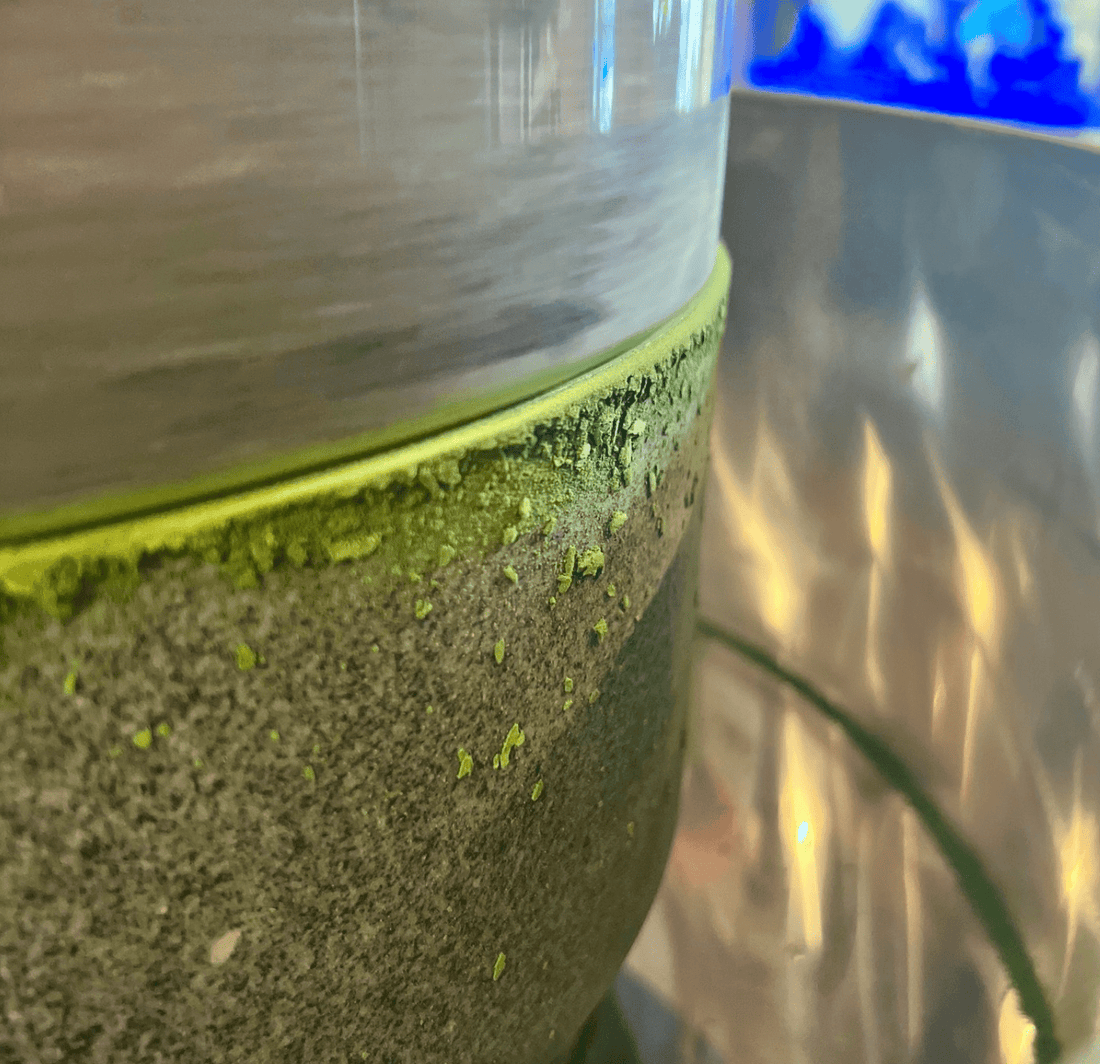
What is Matcha Powder?
Share
As a focus on wellness has exploded over the last decade, Matcha has played a lead role both as an independent beverage and as a widely used ingredient. Matcha can be found in a wide variety of products: lattes, Kit Kat bars, noodles, cake, face cream, protein powder, and more. Yet the truth is, the most dynamic and variable form of matcha you can find is the matcha powder itself - nothing added, no gimmicks, no hyphens. So, what is matcha?

Here’s the basic definition: Matcha is the milled powder of dried Japanese shade-grown green tea leaves. The growing, drying and milling processes are anything but basic, however. The best tasting matcha results from artisan production that has been fine-tuned over centuries.
Traditionally, matcha powder is whisked directly with hot water and drunk rapidly. One consumes the actual whole tea leaf, rather than just what is extracted via the steeping process of other teas. Considering that more than half of the compounds found in tea leaves are insoluble in water, drinking the whole leaf virtually guarantees a very different experience than loose leaf infusions permit. This is largely why matcha has gained such a following in health-food and supplement circles; you are getting the same health benefits of tea, but you are dialing them up due to the higher concentration and variety of beneficial compounds available when consuming the whole leaf.

Beyond its health benefits, matcha deserves to be discussed for the sensory experience it provides. It has a taste unlike any other. Good, fresh matcha is deeply savory, yet fresh and smooth - a balance between notes like parsnip and butter cookies. A well prepared matcha will be very frothy and, therefore, creamy. It is incredibly fragrant and beautiful in its rich green color. Matcha is a wonderful vehicle for appreciating the subtle differences of terroir, as each matcha is a little different from all others. To put it another way, it is one of those magical drinks that is so full of competing and transitory sensory delights that it naturally commands your attention, draws you into the present, and ends up giving you great pleasure. It is a drink that is greater than the sum of its parts, becoming an experience more than a beverage, much like a fine wine. A pretty great way to start your morning, no?
This is only the tip of the iceberg. There is much more to discuss in trying to define and compare matcha. For instance, you now know that matcha is the final product of milling specially grown green tea leaves, or tencha. But growing tencha is an art all its own, and something we’ll discuss in my next blog post. As is milling! Equally important is the age and freshness of the matcha. Plenty to discuss in future posts.
Thanks for reading!
Simon
